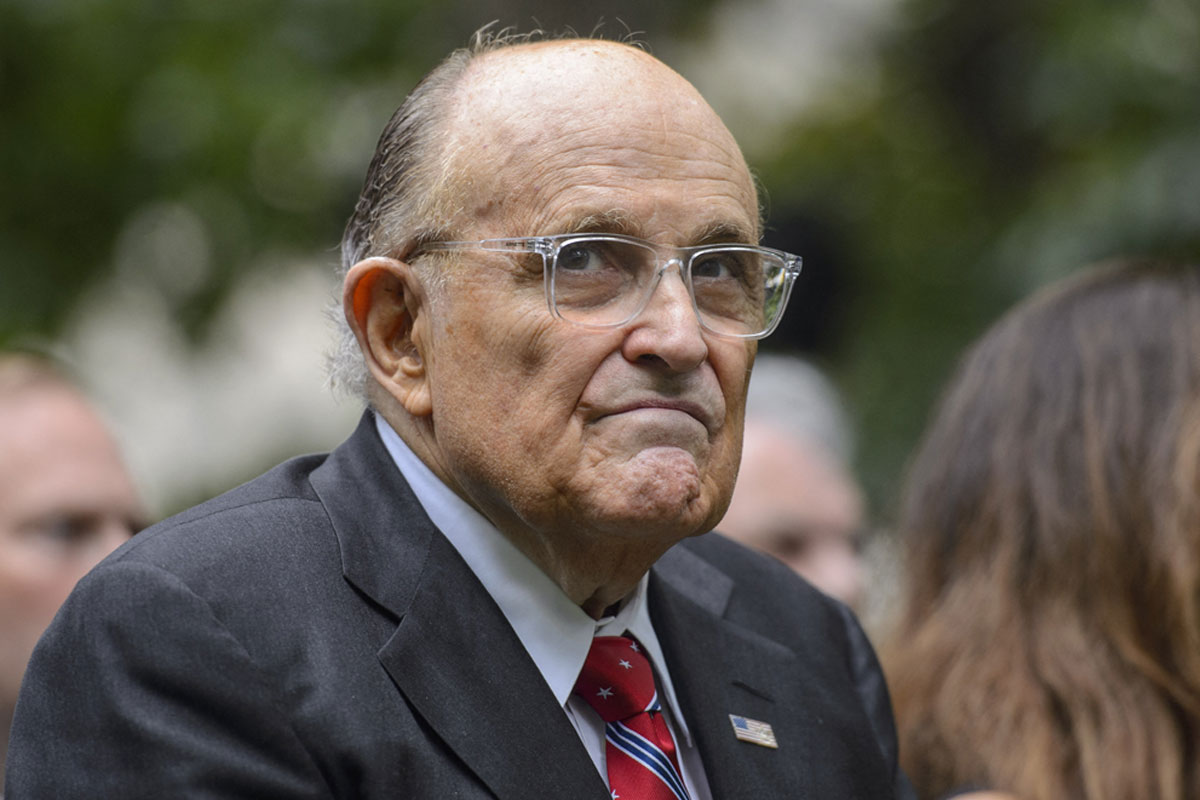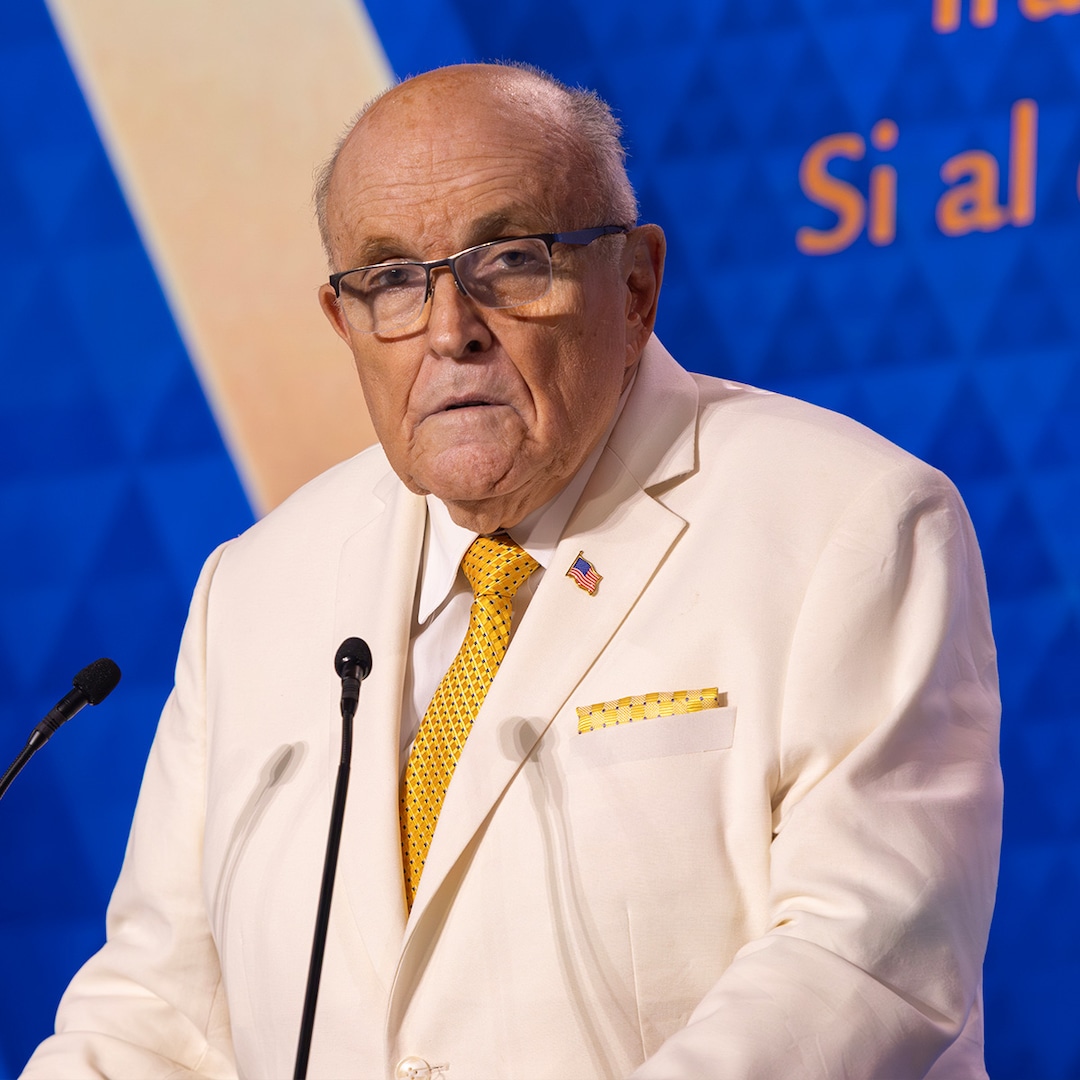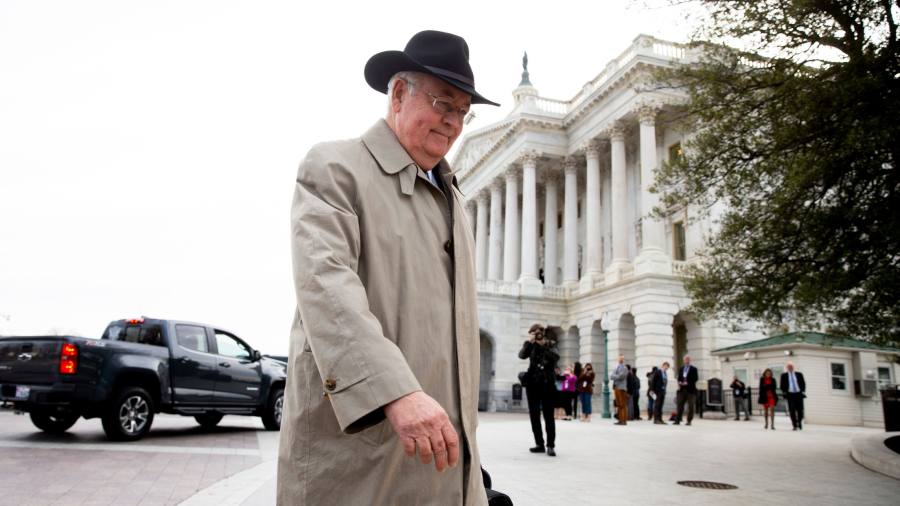Kenneth Starr, former investigator of Bill Clinton, dies at 76
Kenneth Starr, a former US solicitor general who in the 1990s led a probe that resulted in the disclosure of Bill Clinton’s alleged sexual indiscretions, has died aged 76.
Solicitor general under George HW Bush, Starr died on Tuesday at a hospital in Houston, Texas, due to complications from surgery, according to a statement released by his family.
He was a former federal judge with a high-profile legal career that included serving as independent counsel in the 1990s investigation into the Clintons’ Whitewater real estate investments.
The probe culminated with Starr’s report on the former president’s relationship with Monica Lewinsky, which helped lead to Clinton’s impeachment.
In 2020 Starr joined the legal team that represented Donald Trump during his impeachment trial. He is survived by his wife and three children.
Schultz vows Starbucks rebound after coffee chain ‘lost its way
Starbucks will spend another $450mn to overhaul its coffee machines and stores as it seeks to accelerate its growth, catch up with changing consumer tastes and repair relations with restive baristas.
The company had “lost its way” in recent years, said Howard Schultz, the founder who returned as interim chief executive in April. But, he predicted “the best days of Starbucks are ahead of us”.
Schultz said Starbucks would rebound faster than it had after an earlier crisis in 2008. He told an investor meeting in Seattle on Tuesday that the company would deliver double-digit revenue increases long term, at the top end of earlier projections, with a similar expansion in profits.
The “reinvention” plan will include $450mn of new investment in its North American stores next year, on top of 2022’s $1bn investment programme.
Starbucks also revealed new equipment that cuts the time it takes to heat food and create the increasingly complex cold drinks that now account for 70 per cent of its coffee sales.
The new machines are needed to handle booming demand in its US stores and address the frustrations with increasingly complex orders that have exacerbated employees’ concerns about pay and conditions.
Starbucks Workers United, a group of baristas who have unionised over 200 stores across the US, protested outside Starbucks’ headquarters against what they called its “aggressive union-busting campaign”. Two Seattle stores went on strike for the day.
Read more about Schultz’s new vision for Starbucks here.
Wall Street suffers worst sell-off since June 2020 on inflation data
Wall Street suffered the worst sell-off since the early days of the coronavirus pandemic after official data showed US inflation increased in August, raising the spectre the Federal Reserve will need to act more aggressively to combat rising prices.
The benchmark S&P 500 stock index tumbled 4.3 per cent, its worst day since June 2020 with 99 per cent of its companies sliding in value. The Nasdaq Composite fell 5.2 per cent as technology companies seen as most exposed to higher rates bore the brunt of the selling.
The yield on short-dated government debt that tracks interest rate expectations hit its highest level in almost 15 years, as investors increased their bets that the Fed will have to do more to stamp out soaring inflation.
Investors on Tuesday priced in a one-in-three chance that the US central bank will raise rates by a full percentage point this month, according to data from CME Group, rather than a 0.75 percentage point increase that remains the consensus expectation.
The inflation figures heaped further pressure on policymakers at the US central bank, who have promised to do everything in their power to curtail spiralling prices. Their apparent determination to follow through on the pledge has sparked fears the economy is heading for a hard landing.
Tech stocks are particularly sensitive to changes in interest rate expectations because the valuations are based largely on future growth prospects. Facebook owner Meta and chipmaker Nvidia were among the biggest losers, both down 9 per cent, while Amazon shed 7 per cent.
Read more about today’s market moves here.
Heathrow airport warns of disruptions during Queen Elizabeth’s funeral
Heathrow airport has warned passengers to expect disruption because of changes to flight paths to keep noisy aircraft away from central London during the mourning for Queen Elizabeth II.
The UK’s busiest airport said it would make “appropriate alterations” to its operations to “ensure silence over central London” during a ceremonial procession on Wednesday afternoon, and on the day of the Queen’s funeral on Monday.
Airport executives are struggling to predict how much disruption there will be because their operations are based on which way the wind blows and the impact that has on the direction aircraft can land from.
An easterly wind is forecast for Wednesday, meaning aircraft should be able to come in to land well away from central London, minimising disruption.
But bigger problems — potentially including cancellations and delays — are expected on Monday, when operations will be hampered for much of the day during the funeral.
US a step closer to avoiding rail strike after latest union deal
Freight rail carriers have reached an employment agreement with the ninth of 12 unions representing US rail workers, coming one step closer to avoiding a strike that could up-end the country’s supply chain as early as Friday.
The railroads and the workers’ union has been trying to negotiate a new employment contract for nearly three years.
The federal labour law that establishes the negotiation process is designed to prevent work stoppages. But arbitration, multiple cooling-off periods, and help from a board of labour experts appointed by the White House have not yet completely resolved a stalemate over scheduling procedures.
Three of the 12 US rail unions, representing some 60,000 workers, are still poised to strike when the parties’ final cooling-off period ends after midnight Monday, unless Congress intervenes.
Business leaders have warned that any disruption in freight rail service could be catastrophic for manufacturers, retailers and food producers that rely on the railroads to move goods across the country.
Freight rail accounted for an estimated 28 per cent of US freight movements in 2020, according to an analysis of transportation department data by railroad operator Union Pacific.

























































![YOUNG LAMA X VTEN – DOLLA BILLS II [ OFFICIAL MUSIC VIDEO FOR DOLLA BILLS PART 2 ] YOUNG LAMA X VTEN – DOLLA BILLS II [ OFFICIAL MUSIC VIDEO FOR DOLLA BILLS PART 2 ]](https://i.ytimg.com/vi/bWkxG08iEo4/maxresdefault.jpg)
























:quality(85):upscale()/2025/08/15/772/n/1922564/5decdd44689f6f0e53d061.70613931_.png)


